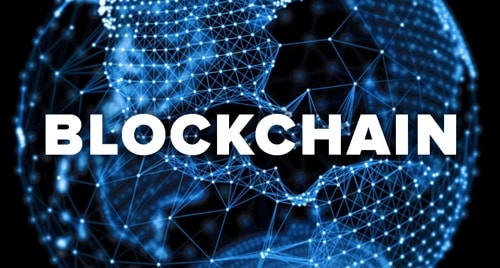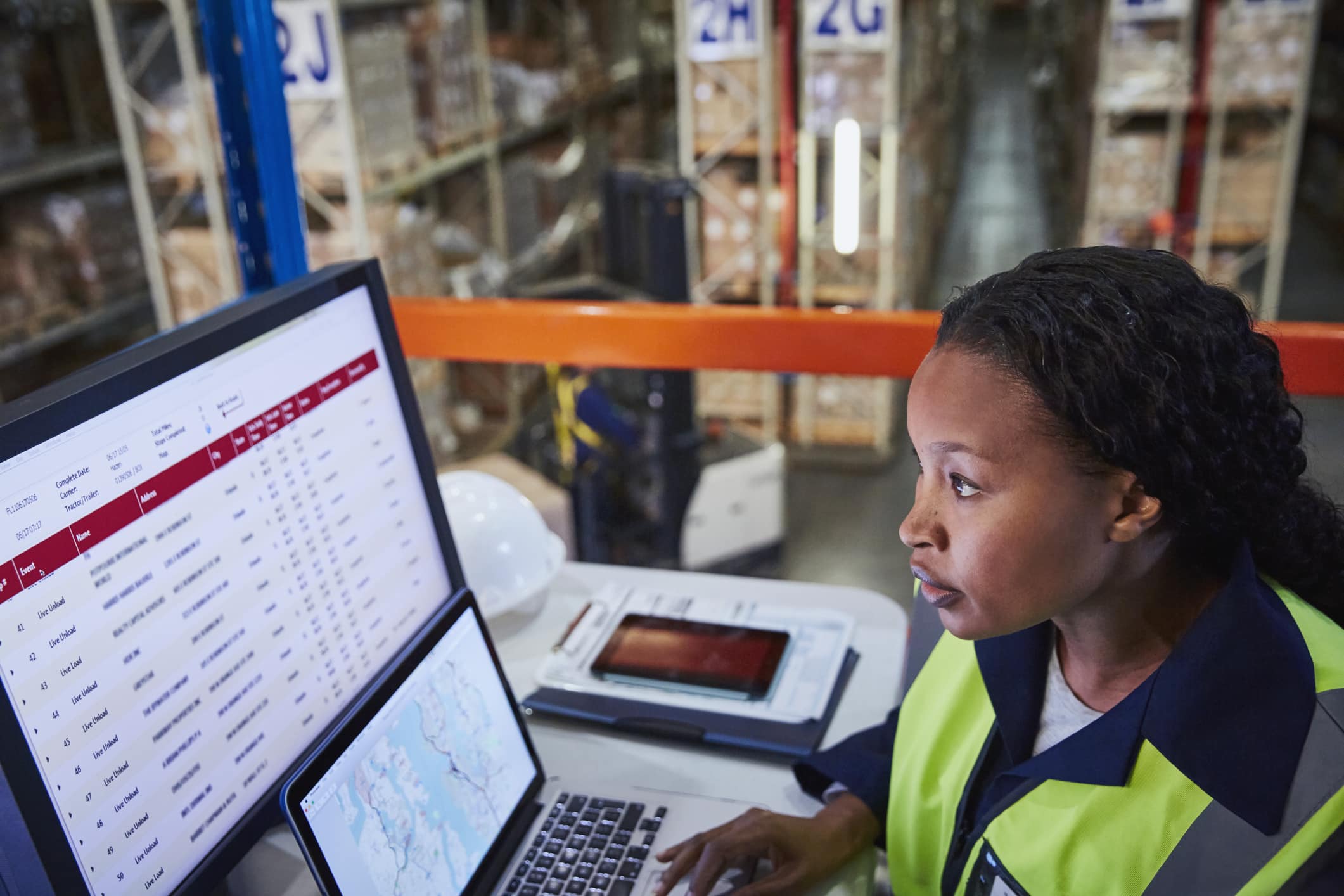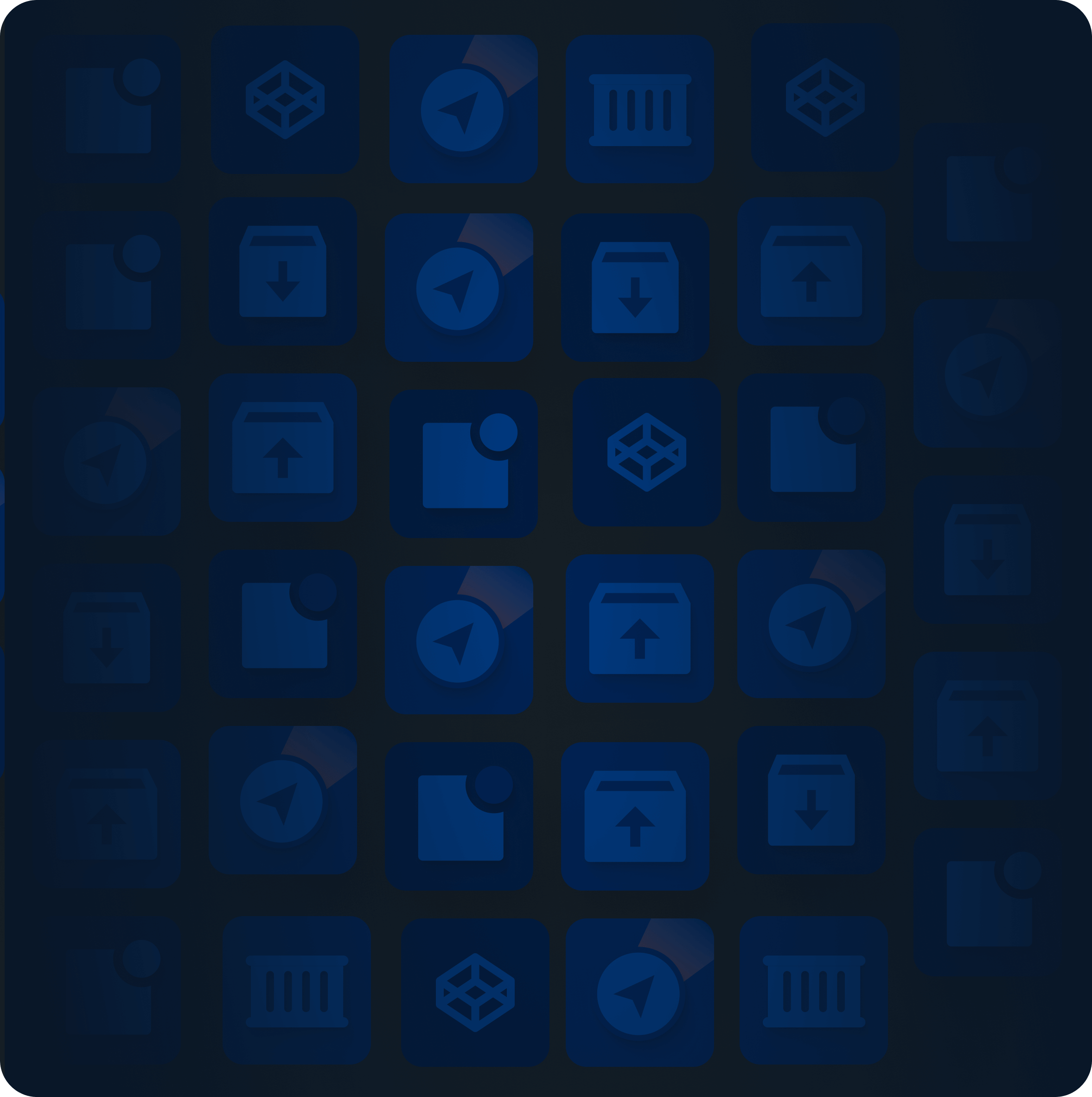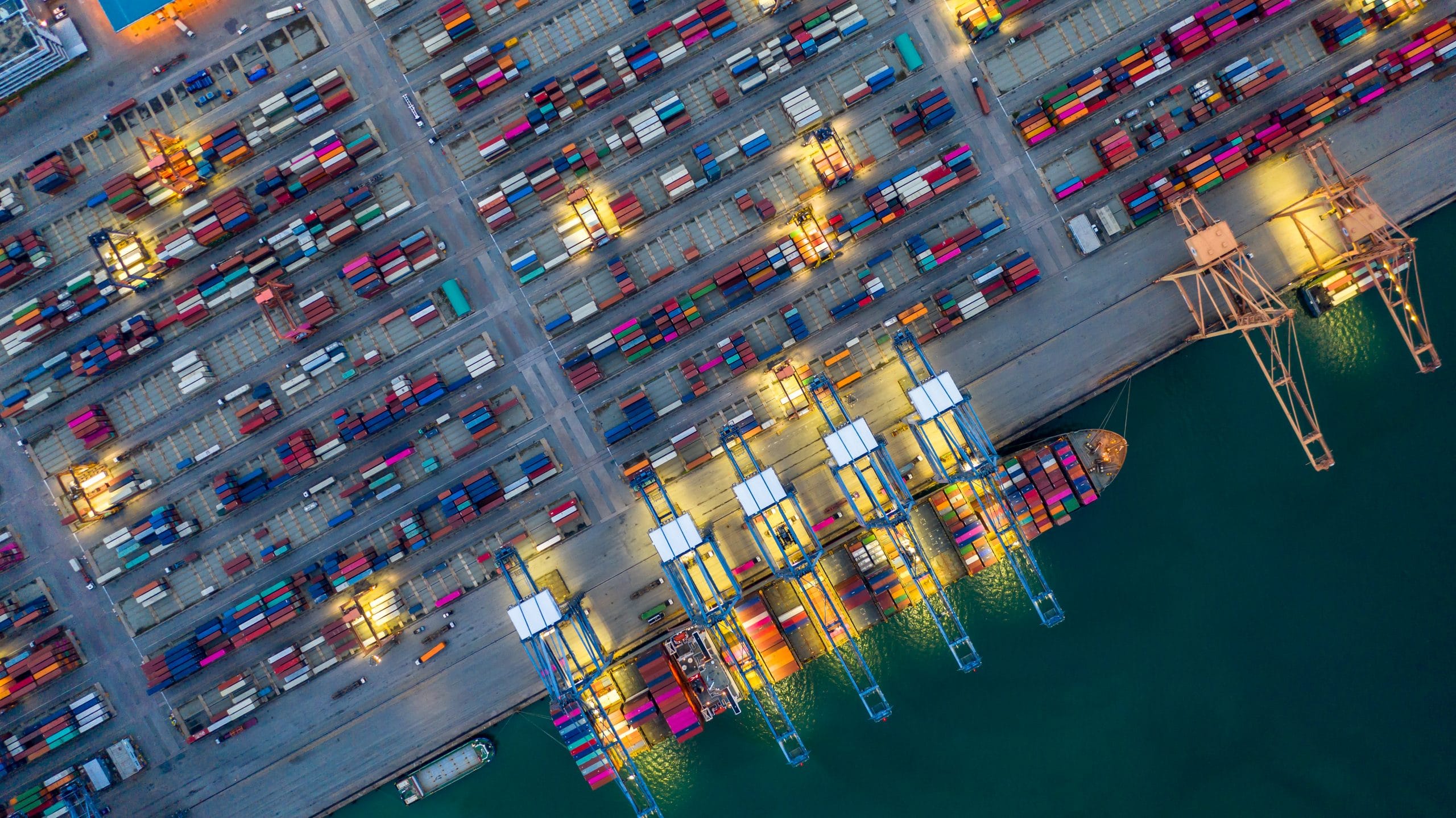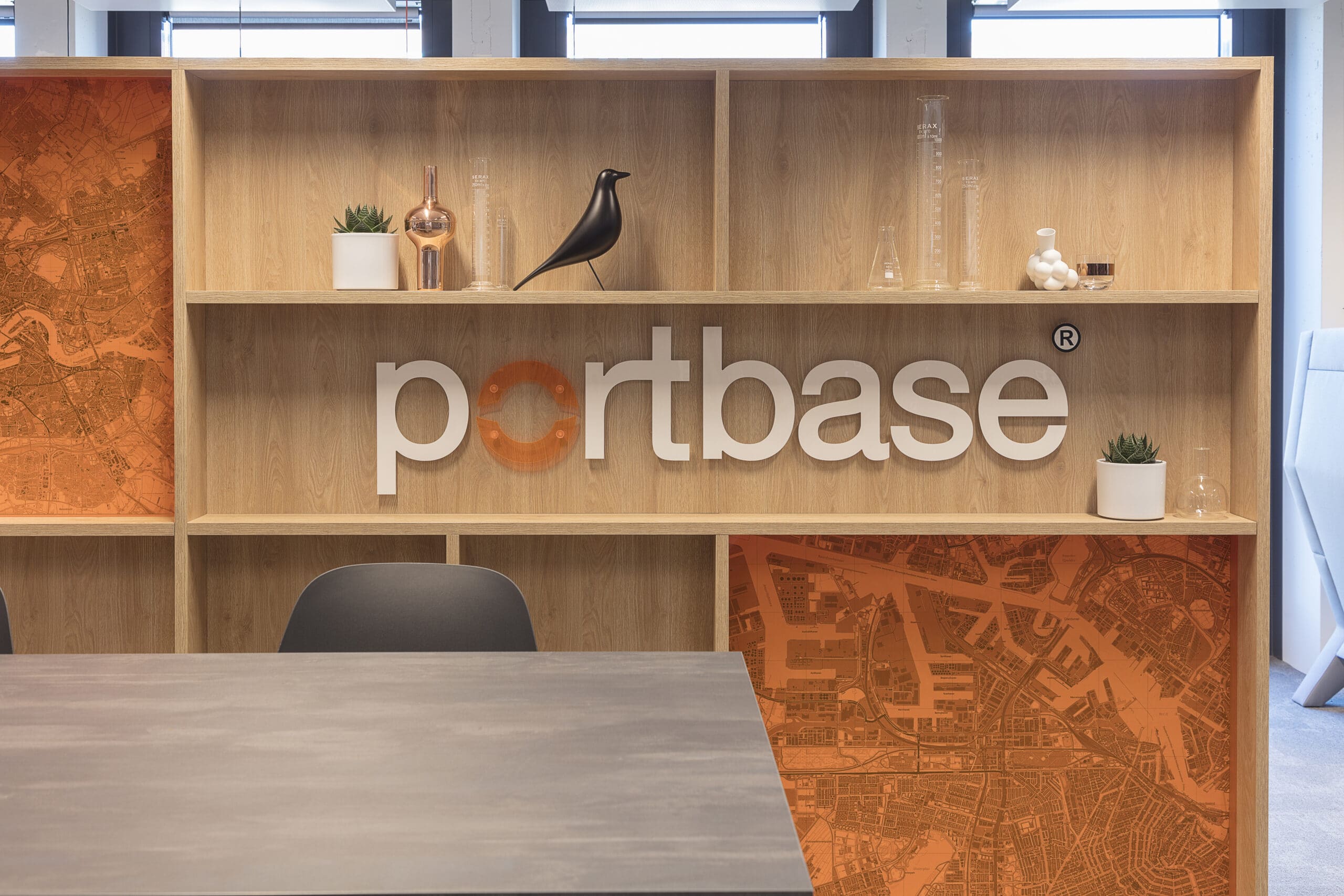Dennis Dortland, Innovation Consultant at Portbase, has been developing his in-depth understanding of the blockchain phenomenon for several years. In that time, he has seen a growing interest in this concept. The term ‘blockchain’ is often used to describe all manner of links and is seen by many as the holy grail, the solution for future cooperation and digitalisation of processes. Is this right?
“Blockchain can be described in several ways,” says Dortland. “It is a name for a combination of technologies that together enable new ways of collaboration. I realise that this is quite a philosophical and wide-ranging answer. As an example, you can describe blockchain as a cashbook, but a very special cashbook. This is because in a blockchain you manage this cashbook together with others. You do not need trusted parties such as banks to carry out this task. These are two descriptions you often hear. Besides this, you hear explanations of what blockchain could deliver, like disruption and transformation. According to many opinions, in 20 years’ time the world will look very different. That is true in part, but for another part absolutely not.”
Technology push or business problem solution?
Dortland continues: “From a technological perspective, the blockchain concept offers many opportunities through a combination of blockchain aspects – i.e., it is distributed and data cannot be modified, giving you the option of deploying of smart contracts. Blockchain offers powerful elements, but you should not apply blockchain when you do not need those elements. This is the difference between a technological push and focusing on which business problems you actually want to solve, which new business models you can create and what kind of new ways of cooperation can emerge. After that, you simply look at the choice of technology and ask yourself: ‘Would blockchain be a suitable candidate?’
“These days we often hear ‘we must do something with blockchain’. People look at existing processes where data is exchanged and then these processes are plotted in a blockchain environment. In my opinion, that is not the right way to go forward. For example, look at the Dutch ports that are already extensively digitalised. In that case, use of blockchain technology does not add value. Processes are already largely mature, they are secure and reliable, and many organisations in the supply chain have the capability to handle those processes. Therefore, there is no immediate added value to be had from a blockchain solution. However, in other ports that are only now switching their processes to digital, it is worth considering blockchain as a solution.”
Added value of blockchain
Dortland is not saying that he sees no added value for blockchain in the processes in and around the Dutch ports. “You should look carefully at which processes might be suitable for a blockchain solution. I can imagine that some of the Portbase services that will be offered in the future will be blockchain enabled. It may be that such a service is completely blockchain operable or linked to a blockchain from the Port Community System. Examples might be linking payments with operational processes and banking processes, or strengthening the processes between the ports globally. I foresee that in future the local Dutch ecosystem, where the paperless port is already well organised, will be enriched with information from other ports in the world via blockchain technology. This is a way of following the goods from origin to final destination throughout the supply chain. Think about new cost accounting models for driving trucks in platoons. If you can capture the record of the trip in such a platoon with real-time apps (who leads the platoon, who is at the back, who joined halfway, etc.), you can prepare settlement of the costs (in terms of fuel consumption, as an example) in a blockchain. It even enables you to pay with a virtual currency, bitcoin, so that there is a virtual credit and, finally, it automatically determines which truck drives at the front and the back next time. This is all to distribute the fuel savings fairly. Do not forget that as well as fair share-out, at the same time savings in the administrative processes will be delivered, as everything is automated.”
Blockchain and ports
The physical and digital transport and logistics flows are already clear to see, says Dortland. But what can also be improved is the link with the financial flow. “Questions like ‘at what point will the bank credit be released’ and ‘at what time does the ownership transfer take place’ are, at present, confirmed in hardcopy contracts. The administrative process surrounding this can take weeks or sometimes months after the physical transport has actually taken place. By issuing load/discharge events or gate events from trustworthy systems like Port Community Systems via a blockchain solution, it will be possible via a smart contract to settle a payment automatically in line with the physical handling. Moreover, this enables you to ease any bottlenecks due to outstanding payments, because the cashflow continues. A trader has less outstanding cash tied up or bank deposits, which enables him to actively inject more working capital. Thus, faster linking of financial data to physical and linked logistic data flows will help to ensure the efficiency of the port. Blockchain seems an appropriate technology solution to connect these worlds.”
Next steps
Dortland foresees the next steps being particularly in cooperation with business partners. “Various initiatives are already visible. We are sure that there will be other solutions and other IT systems in 20 years’ time. Because the blockchain technology, there will be new initiatives in the field of data sharing whereby global data sharing will attain a substantial level. This will affect local activities between ports and within ports. Global data sharing initiatives will be leading and serve as the source for notifications for Customs, for example. This means that additional processes supported by blockchain technology need to cope with existing processes. And, as a result, new ways of cooperation will emerge. Existing links in the chain may be skipped or will change and there will be other new logistics solutions. However, you always need hubs where information comes together. There, platforms like the Port Community Systems continue to play a vital part in addressing the interests of the logistics industry, providing confidence and neutrality.”
So …. overrated hype or game changer? Dortland smiles: “I think it is positive that blockchain opens the discussion about data sharing. But I would emphasise that you should look at the different blockchain applications. Put the business problem first and see what solution is coming out of the discussion – the result may be a blockchain application, but it may also be resolved in other ways. List the main characteristics of the blockchain (secure, trusted, data cannot be modified, etc.), and in that case you are talking about the content. Put it this way – we need to reduce the hype around blockchain in order to gain its true value.”
